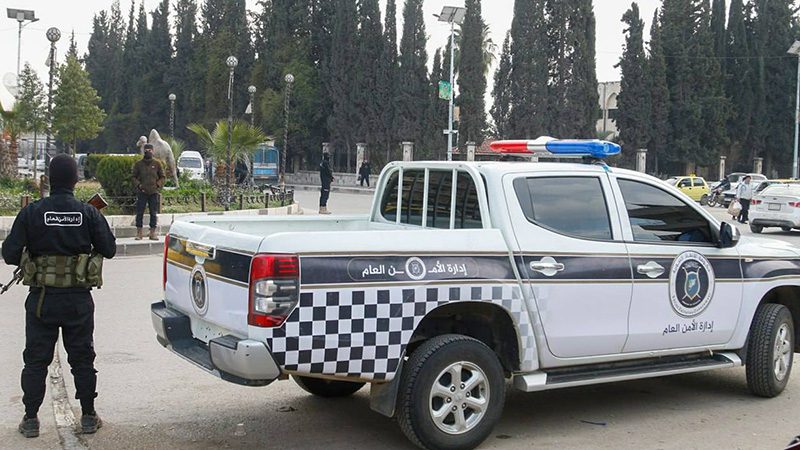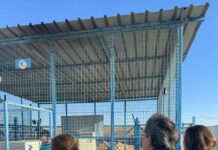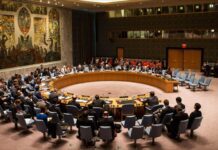
The United Nations Commission of Inquiry on Syria has released a 66-page report on the March 2025 massacres in coastal and western central Syria, marking a milestone in both Syrian and UN history. For the first time since its creation in 2011, the Commission operated under a renewed mandate without objection from Syria. The current government not only allowed but facilitated full access to affected areas in Latakia and Tartus—something the former Assad regime never permitted.
This level of cooperation mirrored efforts by Syria’s Independent National Inquiry, created just days after the violence by President Ahmad al-Sharaa, which reached many of the same conclusions. Both bodies found that while grave violations, including acts likely amounting to war crimes, were committed by remnants of the former Assad regime and individuals within interim security forces, there was no evidence of a state policy directing such crimes.
Context Behind the Violence
The Commission situates the massacres—which left approximately 1,400 dead—in the volatile environment eight months after liberation from the Assad regime. A fragile security landscape, deep sectarian grievances, and the presence of armed actors outside full state control fueled the escalation. The violence, primarily targeting Alawite communities, included murders, torture, mass graves, and the looting and burning of homes.
The report details patterns of religiously targeted killings, with men separated from women and children before being executed. Families were barred from burying their dead in accordance with religious customs, and hospitals in Tartus and Latakia, already strained by prior attacks, were overwhelmed. While regular government forces acted to protect civilians, associated elements within their ranks carried out abuses.
Commitment to Transparency and Reform
The UN report underscores the government’s swift action: appointing the National Inquiry within days, arresting dozens of alleged perpetrators, and referring hundreds of suspects—both from government forces and pro-Assad groups—to the attorney general. The Commission’s top recommendation urges the international community to support Syria in implementing further reforms, noting that many are already underway.
Commissioner Hanny Megally called the National Inquiry’s preliminary report “an important step” toward truth and justice, urging the release of the full findings and accelerated judicial reform. The UN Commission also stressed the need to remove suspects from active security duties and strengthen vetting processes to prevent recruitment of individuals implicated in past abuses.
Combating Misinformation and Building Trust
The report also points to the detrimental role of misinformation and biased reporting in hindering accountability. Disinformation campaigns, inflammatory media coverage—including by some international outlets—and the spread of graphic, unverified footage on social media deepened divisions and complicated efforts to restore order.
While significant challenges remain, the Commission’s findings portray a government taking unprecedented steps toward transparency and cooperation with international mechanisms. In a nation still scarred by years of war and repression, the March 2025 report is as much a record of tragedy as it is a testament to a changing political landscape—one in which accountability, rather than denial, is shaping the official response to atrocity.








